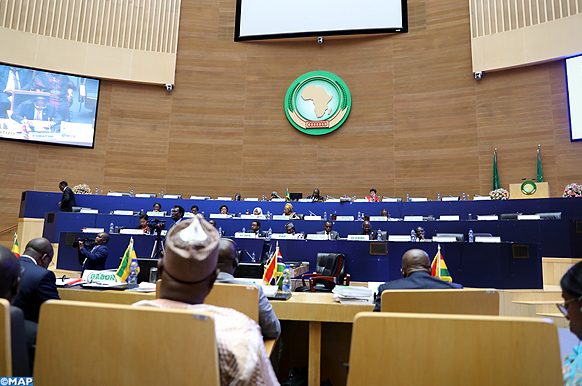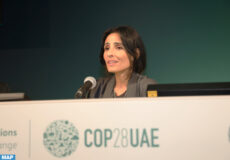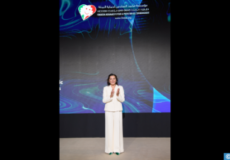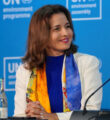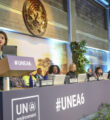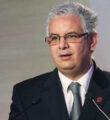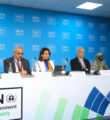Climate Change, a Driver of Forced Migration in Africa (Report of HM the King)
Addis Ababa – Climate change “is a driver of forced migration in Africa,” says the report of HM King Mohammed VI on the follow-up to the establishment of the African Migrations Observatory.
“Floods, drought and other effects of climate change are driving millions of African men and women from their homes,” underlines the report, which was submitted Monday by Head of Government, Saad Dine El Otmani, to the 33rd Ordinary Session of the Assembly of Heads of State and Government of the African Union in Addis Ababa.
Migration in Africa also suffers from misperception as it is often associated solely with poverty, while other factors, such as climate change, are at the root of the phenomenon, the document notes, adding that Africa is the continent most affected by the new phenomenon of “climate migrants”.
Of the 140 million potential migrants due to climate change, more than half – some 86 million people – could be in sub-Saharan Africa by 2050, it says.
Migration is a factor for development, the document underlines, adding that migrants sent £529 billion to their countries of origin in 2018.
“These remittances very often exceed official development assistance and foreign direct investment,” it points out.
However, Africa is the continent that receives the least remittances, the document noted, adding that although remittances to sub-Saharan Africa increased by almost 10% in 2018, they remain the lowest in the world: $46 billion, compared to $143 billion in East Asia and the Pacific, 131 in South Asia, 88 in Latin America and 59 in Europe and East Asia.
Africa has the highest remittance transfer costs in the world, while the global target is 3% (global target under Sustainable Development Goals), the report says, adding that the continent has very high costs, amounting to more than 9%, with no downward trend.
The transfer of funds represents an “untapped potential”, as it can be a real lever for the endogenous development of the continent, the report underlines, noting in this regard that the digitalization of remittances “must be accompanied by increased traceability and productive and sustainable use of savings by diasporas, in order to create wealth in the long term.”
The contribution of migrants to development “is not a one-way process” and it is not just about remittances to countries of origin, the document notes, adding that it also contributes to development within host countries.
“This is all the more true since a large number of international migrants are in developing countries,” it underlines.
However, stereotypes about African migration “remain a universal misconception,” HM the King says, noting that security approaches, political instrumentalization and electoral calculations contribute to the distortion of the migration phenomenon.
“International migration is not African. Only less than 14% of international migrants are African, i.e. less than 1 in 5 migrants is African,” the report notes, adding that no African country is among the top 10 countries of origin of international migrants.
The 33rd Ordinary Session of the Assembly of Heads of State and Government of the African Union opened Monday in Addis Ababa under the theme “Silencing the Guns: Creating Conducive Conditions for Africa’s Development”.
The Moroccan delegation to the summit is led by Head of Government, Saad Dine El Otmani, and includes minister of Foreign Affairs, African Cooperation and Moroccans abroad, Nasser Bourita, minister delegate to the minister of Foreign Affairs, African Cooperation and Moroccans abroad, Mohcine Jazouli, and the Kingdom’s permanent representative to the African Union and to the UN Economic Commission for Africa, Mohamed Arrouchi.



